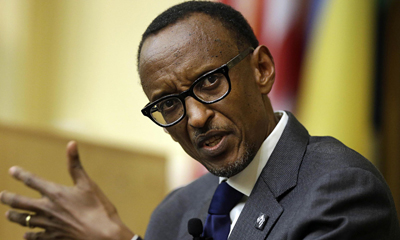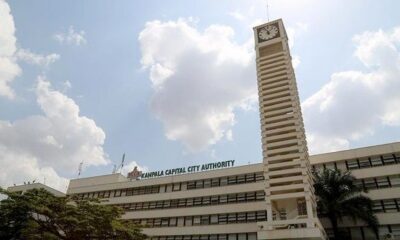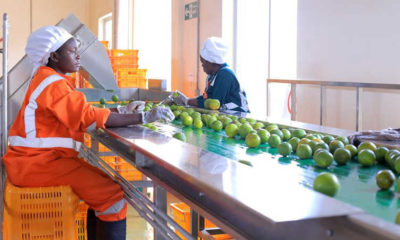Editorial
Free Trade Area Needs Africa’s Leaders’ Shared Political Will
Forty-four of the 53 African countries on Wednesday signed the African Continental Free Trade Area agreement in Rwanda, signaling a desire for a collective action towards improving the living conditions of African peoples. However, from the start, Nigeria, the most populous and biggest African economy abstained. This did not augur well.
The intent of the Free Trade is to harness the continental economies in the free movement of goods, services and labour so as to lift the majority of the 1.25 billion people out of the rut of poverty. This is calculated to get the trade worth $ 2.5 trillion to benefit these people other than only the elite in Africa who whittle away its wealth to the already developed Western and Eastern worlds.
For this to manifest, there is need to work to remove the tariff regimes and customs restrictions at the border areas of the countries. As a result there is also the need to quickly look at the relevance of the regional trading blocs that have been in place. Such are the: Economic Community of West African States (ECOWAS), the East African Community (EAC),Common Market of Eastern and Southern Africa (COMESA), the Preferential Trade Area (PTA) and the other smaller ones.
At the signing ceremony, the African Union Head, Mour Faki, said that it will need “courage” to implement this agreement by 2022. Many see this timeline as too optimistic, but not, if from the start, there is a collective and consistent political good will.
Achieving this does not simply need courage, but a commitment from the Africa’s leaders to have a sense of African patriotism and consider that Africa is where they are at. They should abandon the present corrupt tendencies where they are salting away Africa’s wealth to foreign capitals and tax havens outside the continent.
And while trade is beneficial with the rest of the global world, it is immediately clear that Africa is the origin of the majority of the raw materials that feed the other world manufacturing industries. As such there is necessary for the leaders to look at this enormous potential and wealth to make Africa the manufacturing hub for the rest of the continents.
To do this they need to bring and encourage the imposition of the expertise and quality control necessary. It is not a tall order, for at the moment, the work capacity of Africa and its intellect gets fritted away to the rest of the world in the so-called “green pastures”.
By keeping away from Kigali, Nigeria immediately set a bad example. This tends to encourage the other global economies to come in and divert Africa’s wealth. China, Europe and the Unites States are good examples that have been dominating Africa’s trade and markets for the benefit of their peoples.
In this sense, the present trade conflict that US President Donald Trump, is imposing on the dumping of cheap steel to the US, is a pointer to how Africa should go ahead while working to position the Continental Free Trade Area.
Comments



















